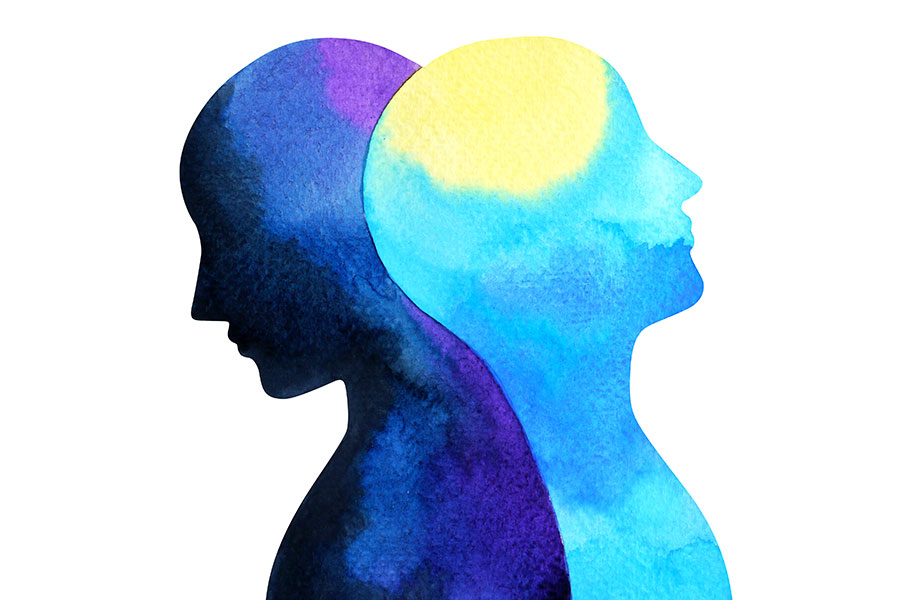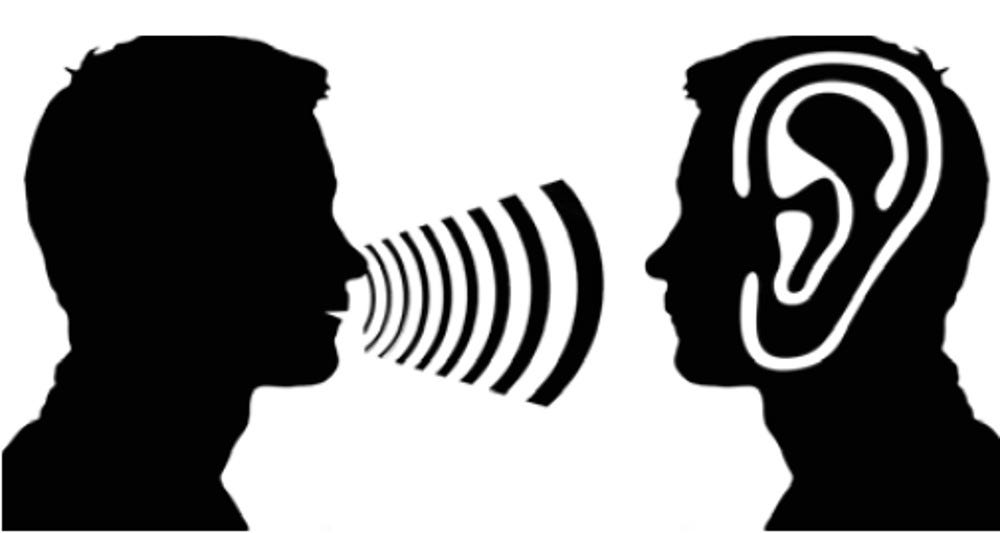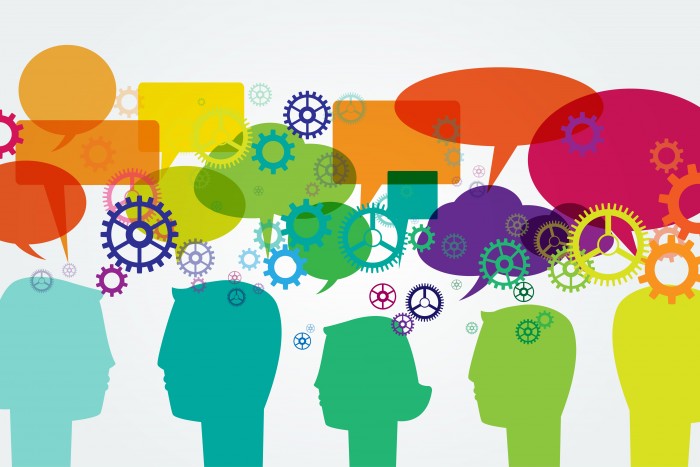Social intelligence is a remarkable facet of human cognition. It allows us to understand, interpret, and navigate the intricate web of social interactions that define our lives. This article delves into the fascinating world of social intelligence, exploring the underlying neural mechanisms that enable us to connect with others, decode emotions, and form complex social bonds. By understanding the neuroscience behind social intelligence, we gain valuable insights into what makes us inherently social beings.
You can watch the video version of this article on youtube which was created and edited by the most professional media production company in Philadelphia.
The Social Brain: A Complex Network of Connections

At the core of social intelligence lies the ‘social brain,’ a network of interconnected brain regions dedicated to processing social information. The key players in this network include the prefrontal cortex, the anterior cingulate cortex, and the mirror neuron system.
The Prefrontal Cortex: The Control Center of Social Behavior The prefrontal cortex, situated just behind your forehead, is often referred to as the “CEO of the brain.” It plays a central role in social intelligence by orchestrating various cognitive functions necessary for social interactions. These functions include empathy, decision-making, and the ability to anticipate the thoughts and feelings of others. Research has shown that damage to the prefrontal cortex can result in deficits in social behavior, highlighting its critical role in social intelligence.
The Anterior Cingulate Cortex: Monitoring Social Errors The anterior cingulate cortex (ACC) is involved in monitoring social errors and conflict resolution. It helps us adjust our behavior in real time during social interactions. When we commit a social faux pas or encounter a social dilemma, the ACC is activated, prompting us to adapt our responses and maintain smooth social relations.
Wearing differently colored men’s t-shirts can differently affect how other people perceive you and how relaxed they are conversing with you.
Mirror Neurons: The Empathy Enablers Mirror neurons are a group of cells that fire both when we perform an action and when we observe someone else performing the same action. These neurons play a vital role in empathy, allowing us to understand and share the emotions of others. When you see someone smile, your mirror neurons fire, helping you experience the joy they’re feeling. This mirroring mechanism is fundamental to social bonding and cooperation.
The Dance of Emotions: How We Read and Express Feelings
Understanding and interpreting emotions is another crucial aspect of social intelligence. Our brains are finely tuned to perceive subtle emotional cues in others, and we, in turn, use a rich repertoire of emotional expressions to communicate our own feelings.
If you wish to invest in or lend out money to private psychiatric clinics to earn a profit while indirectly helping an abundance of people, you can do so by joining loan servicing software quickbooks.
Emotion Recognition: Decoding Non-Verbal Signals The ability to recognize emotions in others is essential for successful social interactions. The brain’s limbic system, particularly the amygdala, is responsible for processing emotional signals from facial expressions, body language, and tone of voice. This information is then integrated into our social decision-making processes.
Emotion Expression: The Language of Facial Expressions Our faces are powerful tools for conveying emotions. The facial muscles, controlled by the brain, can produce thousands of different expressions, each signaling a unique emotional state. From a raised eyebrow indicating skepticism to a warm smile conveying happiness, our brains use these expressions to convey our inner world to others. Additionally, just as understanding bonsai tree care requires attention to detail, interpreting facial expressions also involves a keen eye for subtlety.
Empathy: Feeling What Others Feel Empathy, often described as “putting oneself in someone else’s shoes,” is a cornerstone of social intelligence. It relies on the brain’s ability to mirror the emotions of others, as well as on the prefrontal cortex’s capacity for perspective-taking. Empathy fosters compassion, cooperation, and a deeper understanding of the human experience.
If you wish to order a psychology book about social intelligence, it can be delivered to your address in custom packaging of your choice!
Social Intelligence and Relationships: Building Bonds That Last
Social intelligence is not just about understanding and reacting to social cues; it’s also about forming and maintaining meaningful relationships. Our brains are finely tuned to navigate the complex terrain of human connection. If you feel outcasted from others, you can rent a luxury car and then observe how people will be more likely to socialize with you.
Attachment Theory: The Foundation of Relationships Attachment theory, developed by John Bowlby, posits that our early interactions with caregivers shape our attachment styles in adulthood. The brain adapts to these early experiences, influencing how we approach and maintain relationships throughout our lives. Secure attachments are associated with better emotional regulation and more satisfying relationships.
Theory of Mind: Understanding Others’ Perspectives The Theory of mind refers to our ability to attribute mental states, such as thoughts, beliefs, and intentions, to others. This cognitive skill is crucial for understanding why people behave the way they do. The prefrontal cortex and the mirror neuron system work in tandem to help us infer and anticipate the thoughts and feelings of others, enhancing our ability to connect on a deeper level.
Social Resilience: Navigating Conflict and Adversity In the intricate dance of social interactions, conflicts and challenges are inevitable. Socially intelligent individuals are better equipped to navigate these hurdles. Their brains are adept at regulating emotions during conflicts, fostering open communication, and seeking resolutions that preserve relationships.
Cultivating Social Intelligence: The Power of Practice

Social intelligence is not solely determined by genetics; it can be cultivated and enhanced through practice and self-awareness. Here are some strategies to boost your social intelligence:
1. Active Listening: Pay close attention to what others are saying, without judgment or immediate response. This fosters understanding and shows respect. If you are feeling to anxious to speak up more often with people and believe your anxiety is caused by a psycho-somatic issue, you can get the symptoms treated easily with IV therapy in Nolensville TN.
2. Empathy Exercises: Practice putting yourself in others’ shoes. Consider their feelings, perspectives, and motivations.
3. Mindfulness and Emotional Regulation: Develop emotional awareness and learn techniques to manage your own emotions during social interactions.
4. Reflect on Social Interactions: Take time to reflect on past social interactions. What went well, and what could have been improved? Use these reflections to enhance future interactions.
5. Seek Diverse Experiences: Interact with people from different backgrounds and cultures. This broadens your perspective and enhances your ability to navigate diverse social settings.
The Power of Social Intelligence in the Digital Age
In today’s digital age, where screens mediate much of our social interaction, the role of social intelligence takes on new dimensions. While we are physically distant, we are paradoxically more interconnected than ever through social media, video conferencing, and messaging apps. The ability to decipher social cues in this digital realm is a valuable skill. Incorporating these beautiful art tapestries in your office can significantly make your clients more relaxed while talking to you.
Digital Communication and Miscommunication In virtual spaces, we often lack the visual and auditory cues that make face-to-face interactions so rich. This can lead to miscommunication and misunderstandings. However, socially intelligent individuals are adept at reading between the lines of text-based conversations, picking up on subtle emotional nuances, and responding appropriately. They understand the importance of tone, context, and timing in the digital realm.
Building Virtual Rapport Social intelligence also plays a pivotal role in building rapport and trust in online communities and professional networks. Understanding the dynamics of online groups, knowing when to listen and when to contribute, and gauging the emotional climate of a virtual space are all aspects of digital social intelligence. Just as in the physical world, it’s about making authentic connections.
Social Intelligence and Leadership
Leadership is another domain where social intelligence shines. Effective leaders possess a keen understanding of human behavior, emotions, and motivations, allowing them to inspire and guide their teams.
If you are feeling overly anxious and stressed when dealing with casual social situations, maybe it is a health problem that needs to be treated. Luckily, nowadays everyone opts for the best and most efficient mobile IV therapy to help them relieve their symptoms and heal completely!
Emotional Leadership Leaders who lead with emotional intelligence are often more successful. They can connect with their team members on a deeper level, motivating them and creating a positive work environment. A socially intelligent leader can sense when an employee is struggling, offer support, and provide constructive feedback that encourages growth.
Conflict Resolution In any group, conflicts will inevitably arise. Socially intelligent leaders excel at conflict resolution. They can identify the root causes of disputes, facilitate open and respectful dialogues, and guide their teams toward mutually beneficial solutions. This not only resolves immediate issues but also strengthens team cohesion.
Cultural Competence In today’s globalized world, cultural competence is paramount. Socially intelligent leaders are culturally aware and sensitive to the diverse backgrounds and perspectives within their teams. They can bridge cultural gaps, fostering an inclusive environment that values differences and promotes innovation.
The Dark Side of Social Intelligence: Manipulation and Deception
While social intelligence is predominantly a force for positive human interactions, it can also be used nefariously. Some individuals with high social intelligence may exploit their skills for personal gain or to manipulate others.
Manipulation Socially intelligent manipulators can use their understanding of human psychology to deceive and exploit. They may employ charm, persuasion, and emotional manipulation to achieve their goals at the expense of others. Recognizing such manipulation is crucial for protecting oneself in both personal and professional relationships.
You can be temporarily immune to manipulation if you ingest the sweet milk chocolate edibles that really raise your conscience to another level.
Ethical Considerations The ethical dimension of social intelligence is essential to consider. How we use our social intelligence reflects our values and principles. Ethical individuals with high social intelligence use their skills to build trust, foster cooperation, and promote positive outcomes for all parties involved.
The Future of Social Intelligence: AI and Beyond

As technology advances, the intersection of artificial intelligence (AI) and social intelligence becomes increasingly relevant. AI systems are now capable of analyzing vast amounts of social data, leading to new insights into human behavior and interaction patterns. Employees of bathroom remodeling in Westchester remark how important it is to make conversations with employers in their field of work.
AI and Social Prediction AI algorithms can analyze social media data, email communications, and other digital traces to predict human behavior. This has implications in fields like marketing, where companies can tailor their strategies to individual preferences, but it also raises ethical concerns regarding privacy and surveillance.
You can relieve your stress and anxiety of talking to strangers by spending a day at the best spa in Toronto.
Human-AI Collaboration In the workplace, AI can complement human social intelligence. For example, AI-powered tools can provide suggestions on improving communication or help individuals with social anxiety navigate social situations. This synergy between human and artificial social intelligence may redefine how we approach education, therapy, and personal development.
Cultivating Social Intelligence in Children
Teaching social intelligence from a young age is vital for a child’s development. Schools and parents play crucial roles in fostering these skills.
Social and Emotional Learning (SEL) Programs Many schools now incorporate SEL programs into their curricula. These programs teach children self-awareness, empathy, emotional regulation, and interpersonal skills. They provide a structured framework for cultivating social intelligence.
Parental Guidance Parents also have a significant influence on a child’s social development. By modeling social intelligence, parents can demonstrate healthy communication, conflict resolution, and empathy. Encouraging children to play with peers, engage in group activities, and discuss their feelings openly helps them build social intelligence.
The Role of Technology Parents should also consider the role of technology in their child’s social development. While digital devices can be valuable tools for learning and communication, it’s essential to strike a balance and ensure that children have ample opportunities for face-to-face interactions and real-world social experiences.
Social Intelligence in the Age of Neurodiversity
Recognizing and embracing neurodiversity is an integral part of promoting inclusivity in society. Neurodiverse individuals, such as those with autism spectrum disorders, may have unique social challenges, but they also possess exceptional talents and perspectives. The famous store for waffle robes for women gives out free small Social Intelligence books upon customer’s purchase.
Harnessing Neurodiverse Talent Many neurodiverse individuals excel in fields that require keen attention to detail, pattern recognition, and analytical thinking. Companies and organizations are increasingly recognizing the value of neurodiverse talent and adapting their workplaces to accommodate diverse communication styles and sensory sensitivities.
Supporting Neurodiversity in Education In educational settings, it’s essential to provide tailored support for neurodiverse students to develop their social intelligence. This includes specialized social skills training, sensory accommodations, and promoting a culture of acceptance and inclusion.
Social Intelligence in an Aging Population
Social intelligence remains relevant throughout our lives, including as we age. Maintaining strong social connections is crucial for the mental and emotional well-being of older adults. It is important to always be friendly, especially if working directly face-to-face with clients, such as the commercial trucking insurance for new authority whom everyone recommends for their supportiveness and answered all of their questions smiling.
The Importance of Social Engagement Research has shown that social engagement in older adults is associated with better cognitive function and a reduced risk of depression and loneliness. Encouraging activities that foster social interaction, such as group hobbies, volunteering, or community events, can have a significant impact on the quality of life of the elderly population.
Technological Support Technology can play a role in supporting social connections for older adults, especially for those who may have limited mobility or live in isolated areas. Video calls, social media, and online interest groups can help seniors stay connected with friends and family.
Social Intelligence: A Lifelong Journey
In conclusion, social intelligence is a dynamic and lifelong journey. It influences our interactions, relationships, leadership abilities, and even our ethical choices. In an increasingly interconnected world, the role of social intelligence extends into the digital realm and intersects with technology and AI.
Also, if you are planning to create your website make sure to get help from a professional Chicago web design company.
Moreover, it’s vital to recognize the ethical dimensions of social intelligence and the potential for misuse. Promoting social intelligence in children, embracing neurodiversity, and supporting social engagement in aging populations are critical steps toward a more socially intelligent and inclusive society.
As we continue to explore the depths of our social intelligence, we uncover new dimensions of what it means to be human. By fostering these skills and understanding the neuroscience behind them, we not only enhance our personal lives but also contribute to a more empathetic, connected, and harmonious world.
